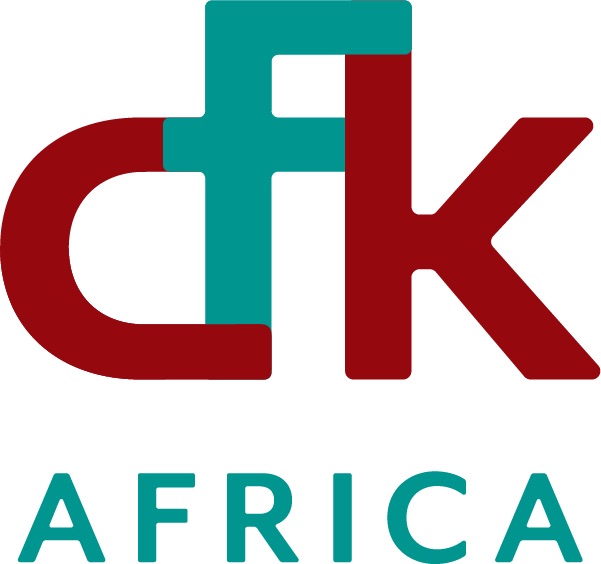Written by Dr. Dennis Kinoti, Clinical Services Lead and Mediatrix Tuju, Programs Manager
In the midst of a nationwide doctor’s strike that began on 14th March, 2024, Kenya was hit by disaster. The last two weeks of April have brought heavy rainfall, resulting in widespread flooding across the country. These floods have devastated communities across Kenya, with informal settlement communities disproportionately affected. According to government data, the current death toll stands at 169, with a staggering 185,000 individuals displaced from their homes. Many Kenyans have suffered serious injuries and others are still unaccounted for.

CFK Africa remains committed to serving our communities through the formidable challenges posed by the floods. We have identified and mapped households in Mathare, Kibera, Viwandani, and Mukuru to systematically assess the needs of affected households. Our response recognizes both the immediate need of affected families for shelter, food, and clean drinking water, as well as the long-term impact of the spread of waterborne disease.
On the ground, the situation is deplorable, with households flooded and families losing almost everything they own. Items like bedding, schoolbooks, uniforms, and shoes have all been destroyed by the dirty floodwater, which is a mixture of sewage and debris. Food is also hard to come by for these families.
The flooding presents numerous public health challenges. The cold weather combined with the pervasive moisture has led to a spike in upper respiratory illnesses like pneumonia. Our team spoke with a mother in Mukuru whose baby had contracted pneumonia, with the weather and living conditions making it worse. Another young mother had a baby who was vomiting and also had diarrhea, without the resources to properly feed and hydrate the child.
Floodwaters have contaminated water sources by mixing with pit latrines and sewer lines, resulting in the potential of gastrointestinal diseases associated with fecal-oral transmission like cholera, typhoid, and dysentery. Long-term exposure to contaminated floodwater can also cause bacterial and fungal skin infections. This poses a significant public health risk, exacerbating the already dire situation. In Viwandani, CFK Africa staff met a woman whose feet had turned white due to long hours of being immersed in the water.
Making matters worse, flooded roads have significantly restricted travel, making it difficult for patients to access our facilities and further straining the already limited access to healthcare in Kibera. Our response includes mobilizing Community Health Promoters and CFK Africa staff to meet communities where they are and conducting home visits to ensure that people in need still receive access to care.
The floods have not only wreaked havoc across the country but have also caused new challenges for healthcare facilities, especially in low-resource areas like ours. High waters have severed transportation links and hindered the timely arrival of healthcare personnel and medical supplies. Even as the ongoing doctor’s strike adds another layer of complexity, our resilient team continues to provide essential care, treating the sick and injured to the best of our abilities.
Our team has noted an urgent need for support, such as mattresses, blankets, food, clothing and school supplies, for those who have been severely affected by the flooding. We are also coordinating a long-term health strategy for waterborne disease prevention. CFK Africa thrives on collaborations and powerful partnerships, and we are working with emergency response teams and our Community Advisory Boards to navigate these turbulent times together. We also recognize the immense courage and strength of our community in the face of adversity.

Provide emergency services with a donation: https://cfkafrica.org/donate-to-emergency-services/
